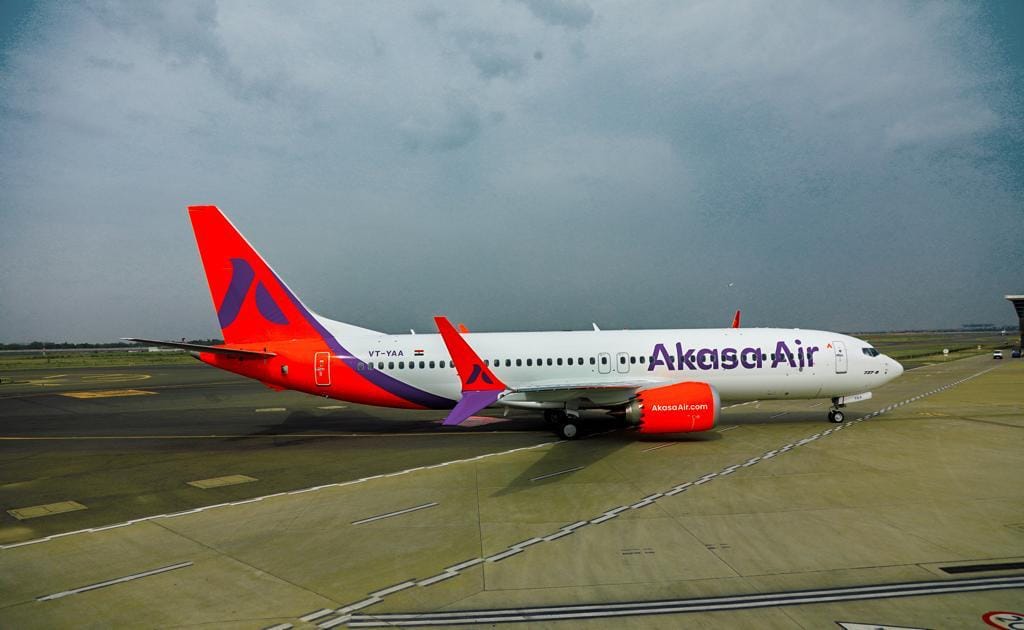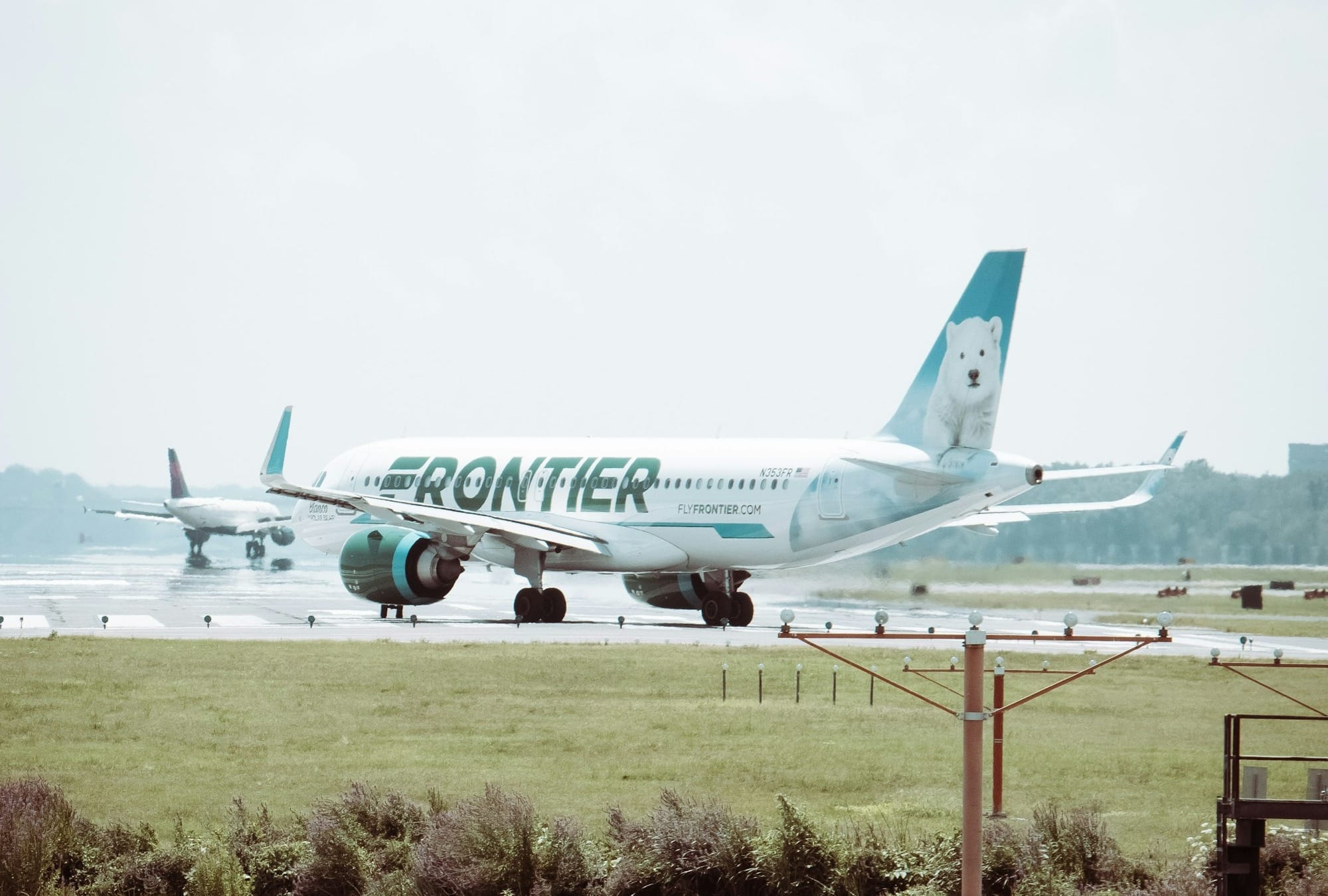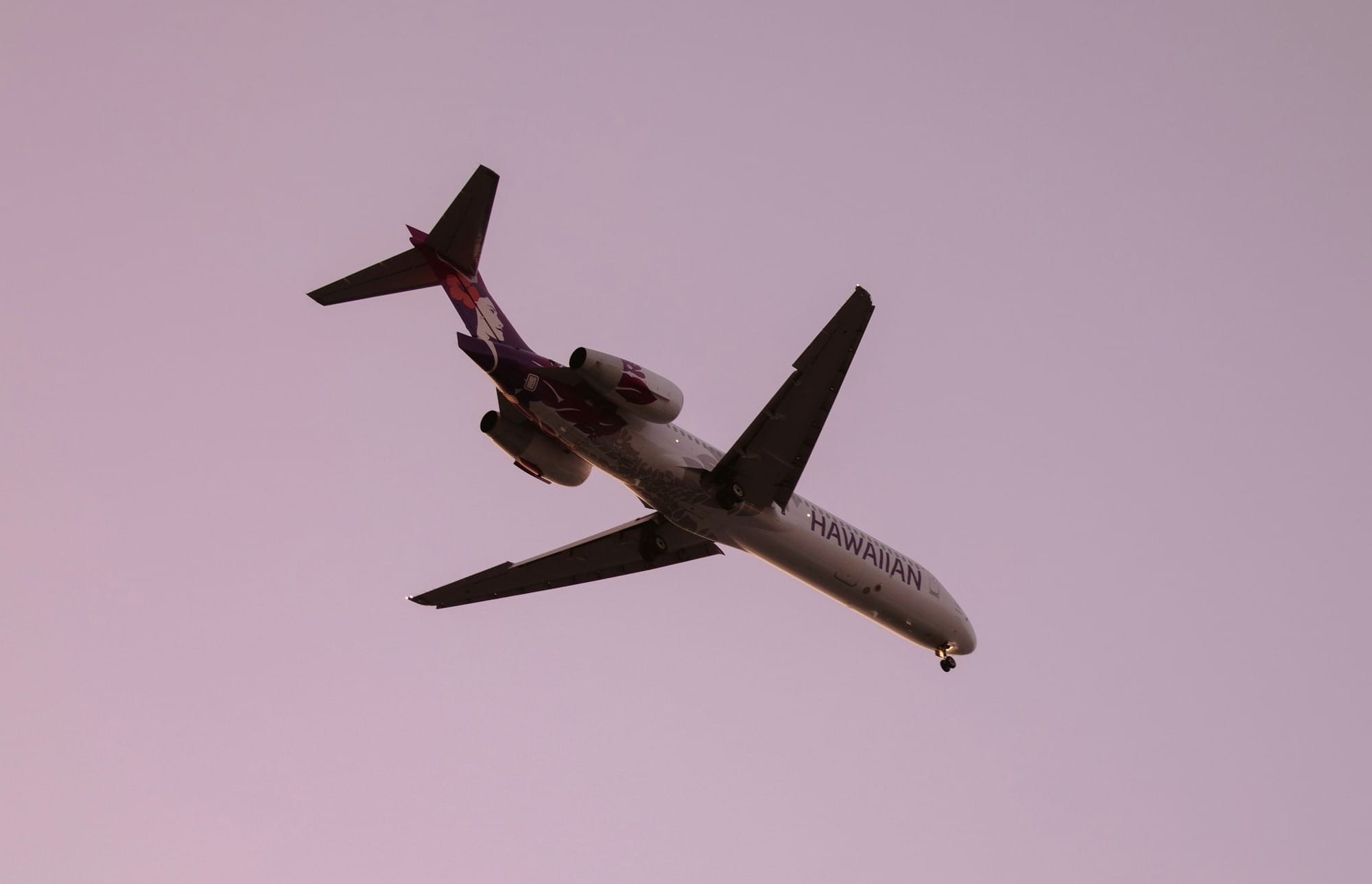Akasa Air's Strategic Expansion: The Addition of 150 Boeing 737 MAX Jets
Akasa Air, the Indian airline, has taken a bold step in its journey to becoming a major player in the aviation industry. On January 18, 2024, the airline announced a significant expansion of its fleet...


Akasa Air's Strategic Expansion: The Addition of 150 Boeing 737 MAX Jets
Key Takeaways:
- Akasa Air has placed an order for an additional 150 Boeing 737 MAX jets, including the 737-10 and 737-8-200 models.
- This expansion is a response to the increasing demand for air travel in the region.
- The new aircraft will enhance Akasa Air's operational efficiency and passenger experience.
Akasa Air, the Indian airline, has taken a bold step in its journey to becoming a major player in the aviation industry. On January 18, 2024, the airline announced a significant expansion of its fleet, with an order for 150 more Boeing 737 MAX jets. This move is not just a testament to the airline's ambitious growth strategy but also a signal of confidence in the recovering aviation sector post-pandemic.
Akasa Air's Fleet Expansion Strategy
The decision by Akasa Air to expand its order book with Boeing is a strategic one, aimed at capitalizing on the burgeoning demand for air travel in India and beyond. By adding the 737-10 and additional 737-8-200s to its fleet, Akasa Air is positioning itself to offer more routes and greater frequency, thereby enhancing its market presence. The choice of the Boeing 737 MAX series, known for its fuel efficiency and lower operational costs, underscores Akasa Air's commitment to sustainable and cost-effective operations.
Advertising
The Boeing 737 MAX Series: A Game Changer for Akasa Air
The Boeing 737 MAX jets are at the forefront of aviation technology, offering airlines improved fuel efficiency, reduced emissions, and an extended range. For Akasa Air, the addition of the 737-10, the largest model in the MAX family, means the ability to serve more passengers per flight without compromising on comfort. The 737-8-200, with its higher-density seating configuration, will allow Akasa Air to maximize revenue on high-demand routes while maintaining competitive pricing.
Impact on the Aviation Industry
Akasa Air's substantial order is a significant boost for Boeing, which has faced challenges with the 737 MAX series in the past. It also reflects the broader recovery of the aviation industry, as airlines worldwide renew their fleets to meet post-pandemic travel demand. Akasa Air's investment is expected to have a ripple effect, potentially leading to more competitive airfares and improved services for passengers.
Economic Implications for the Region
The expansion of Akasa Air's fleet has broader economic implications for the region. It signals a growing confidence in the aviation sector's potential to contribute to economic growth. The order will likely result in job creation, from direct employment opportunities within the airline to ancillary industries such as tourism and hospitality that benefit from increased air travel.

Advertising
Enhancing Passenger Experience
With the introduction of the new Boeing 737 MAX jets, Akasa Air is set to enhance the passenger experience significantly. The modern interiors, improved cabin features, and the latest in-flight entertainment systems will make flying with Akasa Air a more enjoyable and comfortable experience. This focus on passenger comfort is a crucial element of the airline's competitive strategy.
Operational Efficiency and Sustainability
The fuel efficiency of the Boeing 737 MAX series aligns with Akasa Air's goal of operational efficiency and environmental sustainability. The reduced fuel consumption not only lowers operating costs but also minimizes the airline's carbon footprint. This commitment to sustainability is increasingly important to consumers and positions Akasa Air as a responsible and forward-thinking carrier.
Competitive Landscape and Market Share
Akasa Air's fleet expansion is set to shake up the competitive landscape of the aviation industry. By significantly increasing its capacity, the airline is poised to capture a larger market share and challenge established players. The strategic acquisition of the latest aircraft models also allows Akasa Air to compete on both cost and quality, appealing to a broad range of travelers.

Future Growth and Expansion Plans
This order is likely just the beginning of Akasa Air's growth trajectory. With a modern and efficient fleet, the airline has the foundation to explore new routes, both domestic and international. Akasa Air's vision for the future includes not only expanding its footprint but also continuously improving its service offerings to meet the evolving needs of passengers.
Challenges and Opportunities
While the expansion presents significant opportunities for Akasa Air, it also comes with challenges. Integrating a large number of new aircraft into the fleet will require careful planning and execution. The airline must also navigate the complexities of a competitive market, ensuring that it maintains high service standards while managing growth.
Summary
Akasa Air's order for an additional 150 Boeing 737 MAX jets marks a milestone in the airline's development. This strategic move is set to enhance the airline's operational efficiency, passenger experience, and market presence. As Akasa Air prepares to welcome the new aircraft into its fleet, the industry watches with anticipation to see how this ambitious expansion will unfold.
Advertising



